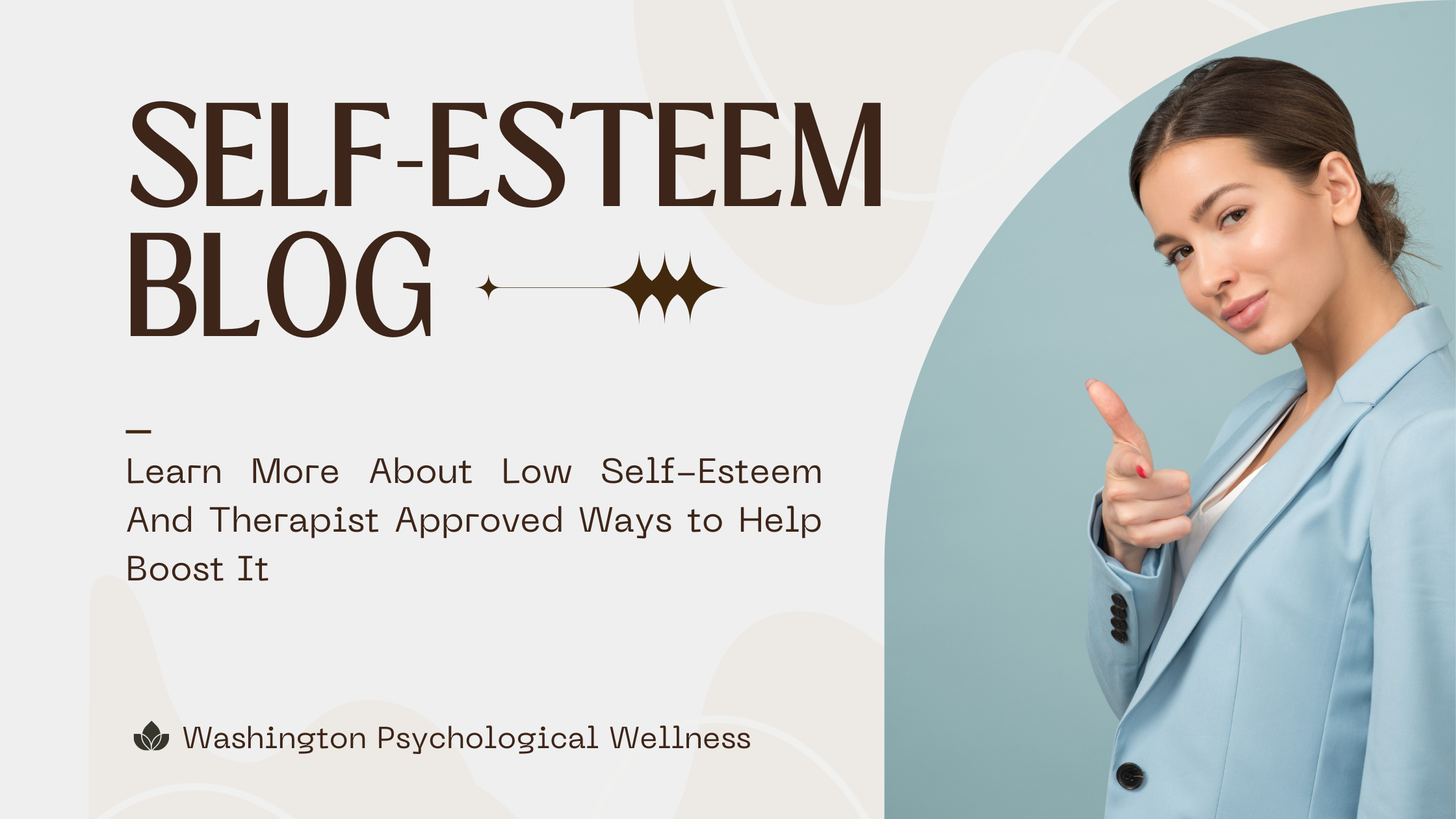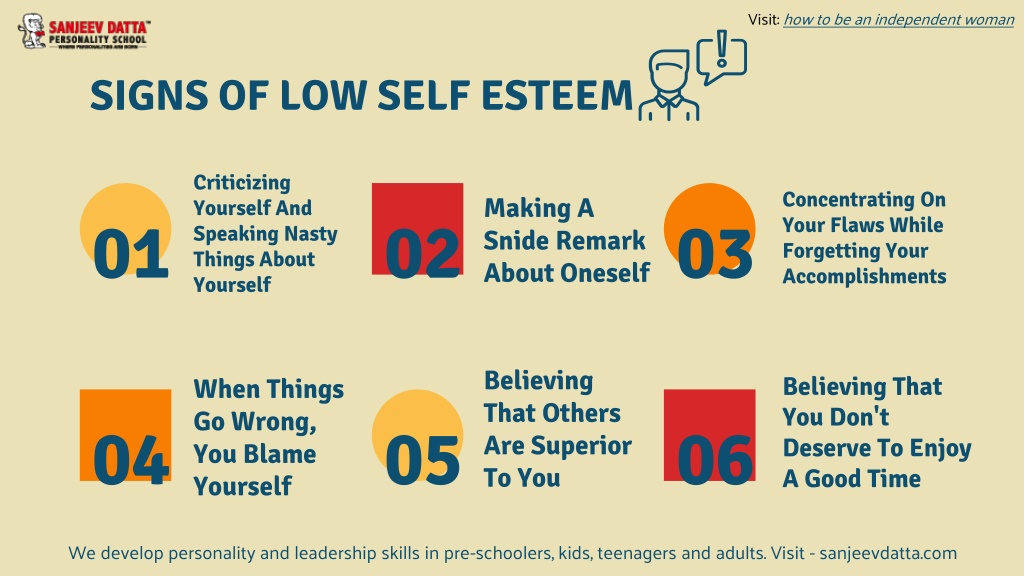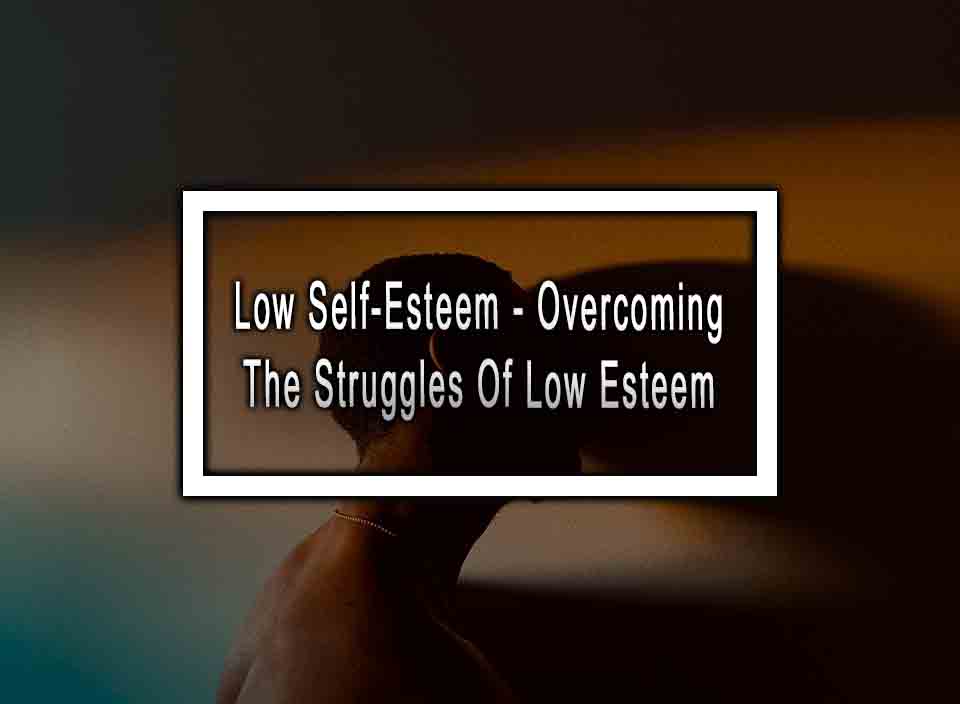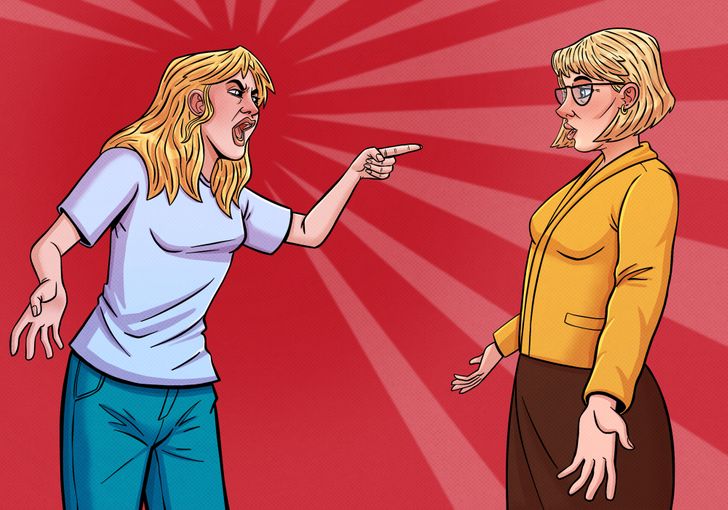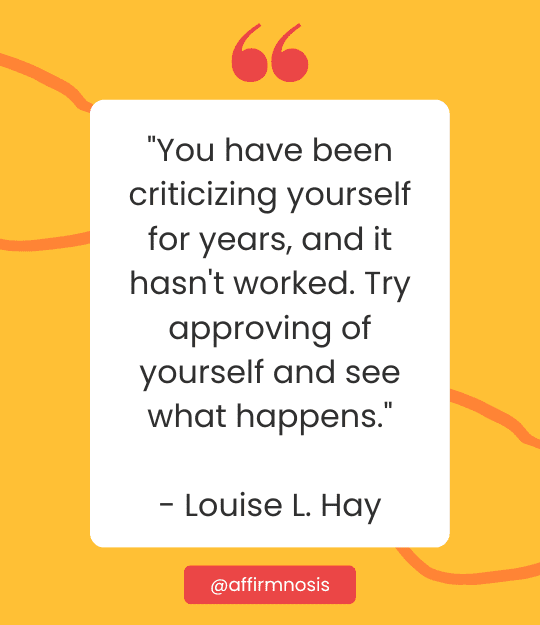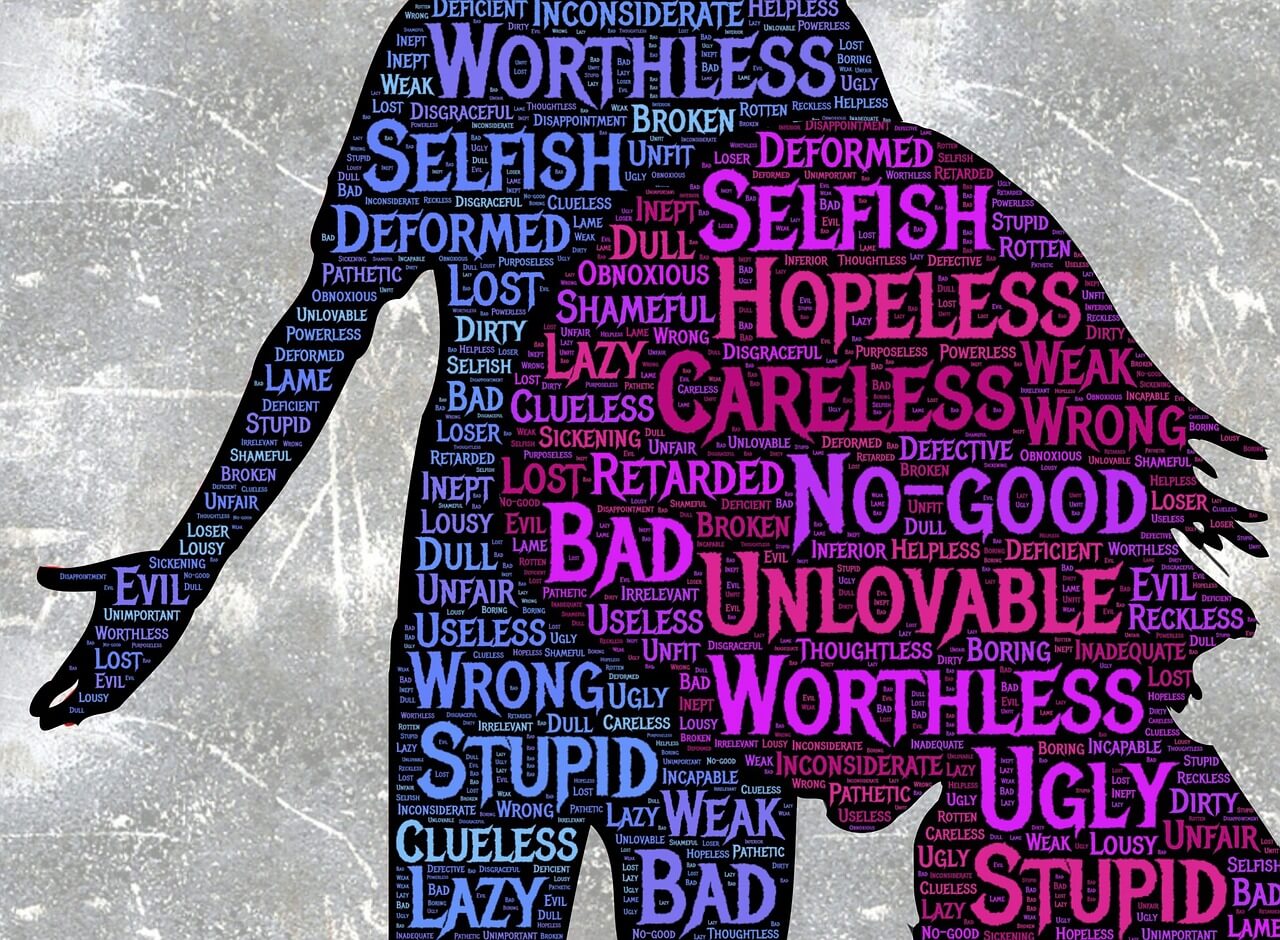Criticizing Others And Low Self Esteem

In a world increasingly saturated with instant opinions and readily available platforms for criticism, a troubling connection is emerging: the link between criticizing others and low self-esteem. While constructive criticism can be a valuable tool for growth, the incessant and often harsh judgment of others, particularly online, may be a symptom of deeper personal insecurities.
This article delves into the complex relationship between criticizing others and low self-esteem, exploring psychological research, expert opinions, and potential societal implications. It aims to understand why individuals resort to negative critique and what impact this behavior has on both the critic and the criticized. The exploration will further uncover strategies for fostering healthier self-perception and communication patterns.
The Psychology Behind the Criticism
Psychologists have long explored the motivations behind critical behavior. Alfred Adler, a prominent figure in individual psychology, suggested that individuals often engage in critical behavior as a way to assert their perceived superiority.
This superiority complex often stems from feelings of inadequacy or inferiority. By highlighting the flaws in others, individuals may temporarily bolster their own self-image.
Another contributing factor is the concept of projection, a defense mechanism where individuals attribute their own unacceptable thoughts, feelings, or motives to another person. For instance, someone struggling with their own insecurities might criticize another's appearance to avoid confronting their own feelings of unattractiveness.
Social Media's Amplifying Effect
Social media platforms have significantly amplified the tendency to criticize others. The anonymity afforded by the internet, combined with the constant exposure to idealized portrayals of others' lives, can create a breeding ground for envy and judgment.
The ease with which one can leave a critical comment, often without facing any direct consequences, further encourages this behavior. Moreover, the algorithms that govern these platforms can create echo chambers where negative opinions are reinforced and amplified.
According to a study published in the Journal of Research in Personality, individuals who frequently engage in negative social comparison on social media are more likely to experience lower self-esteem and higher levels of anxiety and depression.
The Impact on Self-Esteem
Ironically, while criticizing others might provide a temporary boost to one's ego, it ultimately contributes to lower self-esteem in the long run. Engaging in constant negativity reinforces a negative worldview, making it difficult to appreciate one's own strengths and accomplishments.
Furthermore, the fear of being judged can become a self-fulfilling prophecy. Individuals who are quick to criticize others often worry that they are being judged in the same way, leading to increased anxiety and self-consciousness.
Dr. Kristin Neff, a leading researcher on self-compassion, argues that self-compassion, rather than self-esteem, is a more stable and reliable source of well-being. Self-compassion involves treating oneself with kindness, recognizing that everyone experiences failures and imperfections.
Moving Towards Constructive Communication
Breaking the cycle of criticism requires conscious effort and a willingness to cultivate self-awareness. Identifying the underlying insecurities that drive critical behavior is the first step.
Practicing empathy and actively seeking to understand others' perspectives can help to reduce the urge to judge. Focusing on constructive feedback, rather than simply pointing out flaws, is a more effective way to communicate and foster growth.
Mindfulness practices, such as meditation and deep breathing, can also help to regulate emotions and reduce impulsive reactions.
"Mindfulness helps us become more aware of our thoughts and feelings, allowing us to respond to situations with greater clarity and compassion,"explains Dr. Shauna Shapiro, a professor of psychology at Santa Clara University.
Furthermore, limiting exposure to social media and cultivating real-life connections can help to foster a more balanced perspective and reduce the pressure to compare oneself to others.
Looking Ahead
The connection between criticizing others and low self-esteem is a complex issue with far-reaching implications. As society becomes increasingly interconnected, it is crucial to foster a culture of empathy, understanding, and self-compassion.
By recognizing the underlying motivations behind critical behavior and actively working to cultivate healthier self-perception, individuals can break the cycle of negativity and contribute to a more positive and supportive environment. Education programs and mental health initiatives can play a crucial role in raising awareness and promoting healthier communication patterns.
Ultimately, building a more compassionate and understanding world starts with cultivating compassion and understanding within ourselves. Only then can we truly appreciate the value and potential of others.
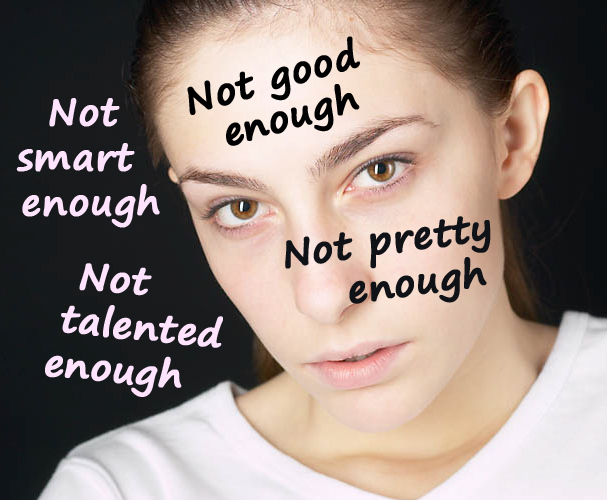



/Signs-of-low-self-esteem-5185978-V2-dfa2eb84605e4c3e94eda29566881ce1.png)

